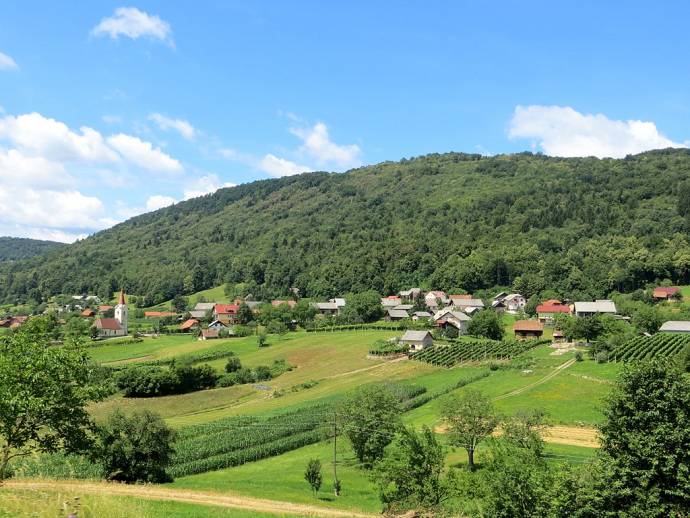STA, 30 October 2018 - The new Agriculture Minister Aleksandra Pivec has told the STA Slovenia would not be able to handle and will resist the envisaged 15% cut in the EU rural development funding. The list of her plans meanwhile includes less red tape for farmers, increasing self-sufficiency and more focus on organic farming.
Pivec hopes the cut in rural development funding as part of the EU common agricultural policy for 2021-2027 will end up being less than 10%.
"We absolutely cannot accept the envisaged cut, since it would substantially affect our ability to reach goals," she said.
The minister indicated that Slovenia would find it easier to stomach a greater cut in the direct payment pillar of CAP, where funding would be slashed by 4% in line with the original proposal.
She meanwhile noted that the new financial perspective would leave more room for initiative to member states and she for instance sees this as an opportunity to reduce the administrative burdens for farmers.
"This presents a big problem on the ground. Farmers have a hard time getting to the funds, certain segments are so complicated as to discourage them from applying and the controls are also very demanding," the agriculture, food and forestry minister said.
"Simplifications are being drawn up, the first measures are already being implemented and some results should be felt on the ground as early as December."
The key rural development goals listed by the minister meanwhile also include the preservation of farms, the reduction of risks related to climate change, and addressing demographic and educational issues at farms.
"A dual approach is needed: the young need to be provided with funds to take over the farms, while older farmers also need decent social security to be able to pass on the farms to the young," said Pivec, mentioning the need to fix what are objectively low pensions for farmers.
She feels that the European Social Fund offers a good opportunity to address these issues and to mitigate the effects of the CAP cuts.
Meanwhile, Pivec feels that raising self-sufficiency and responding to climate change will also require technological upgrades at farms, as well as a change in the choice of crops.
"These changes will be painful for some. We have a very tradition-oriented agriculture and to a certain degree it should stay this way, since this is an important aspect in terms of the preservation of the environment, the cultural landscape," she said, but added that there would be no way around certain changes.
Pivec feels that climate change is also one of the reasons for the low self-sufficiency rates for fruits and vegetables, at 21% and 39% respectively last year, with the risks involved being much higher than in livestock farming.
While better protective measures and irrigations systems will be necessary, the minister also sees major opportunities for organic farming.
She pointed out that 85% of Slovenian farms were located in what was termed as less-favoured areas and organic farming could be a solution.
Of the roughly 70,000 farms in the country, 3,635 are presently organic, covering 46,000 hectares. The goal is 5,000 on 50,000 hectares, she said.
Organic farming would also help tackle the low buy-back prices for food products, an issue across the EU, while Pivec also sees a solution in producers working together more closely and thus also achieving more in price negotiations.







